The International Energy Agency (IEA) and the European Commission outlined on 21 April 2022 a range of simple steps that citizens can take to reduce their energy use and save money, and that would save enough oil to fill 120 super tankers and enough natural gas to heat almost 20 million homes if adopted by all.
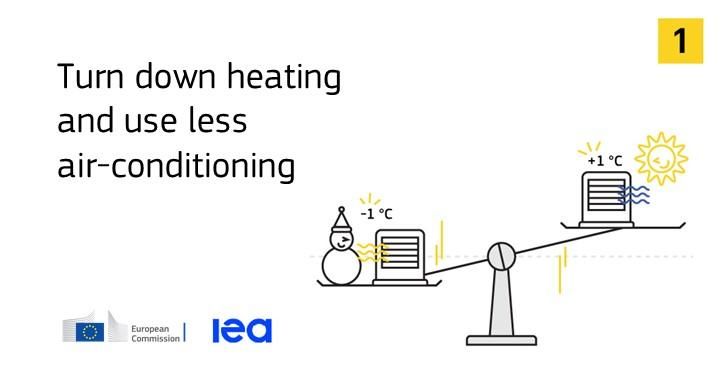
In many homes and workplaces, default settings on boilers can often be adjusted to increase efficiency and save up to 8% of the energy used to heat rooms and water if you have a condensing boiler. Setting up your boiler properly could save around EUR 100 each year. If you don’t know how to do it, consult your boiler’s manual or ask for advice during the annual servicing of your boiler.
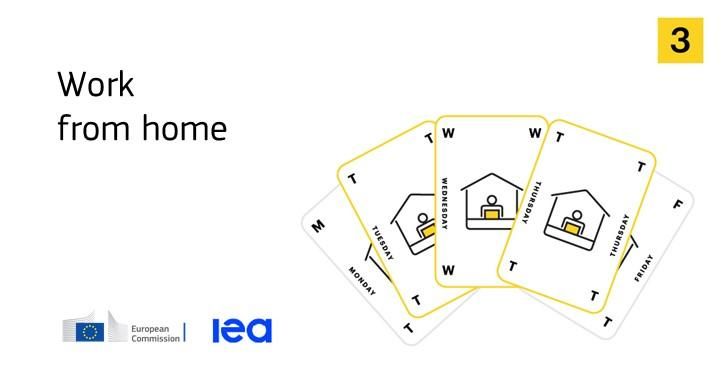
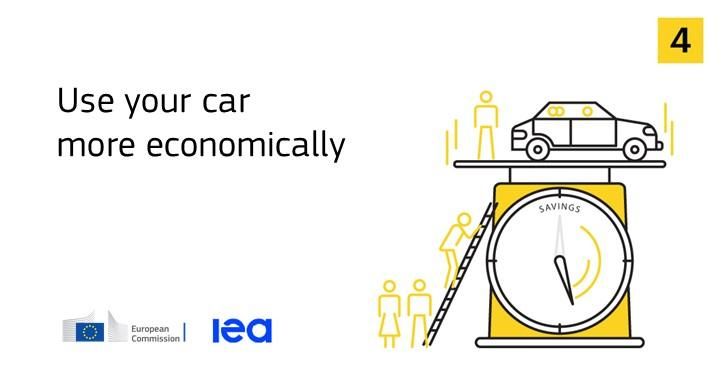
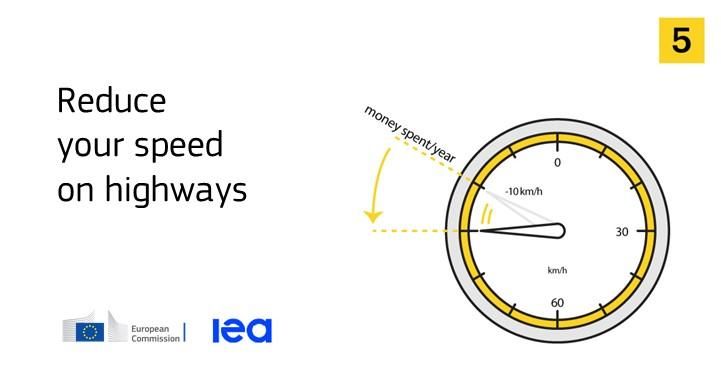
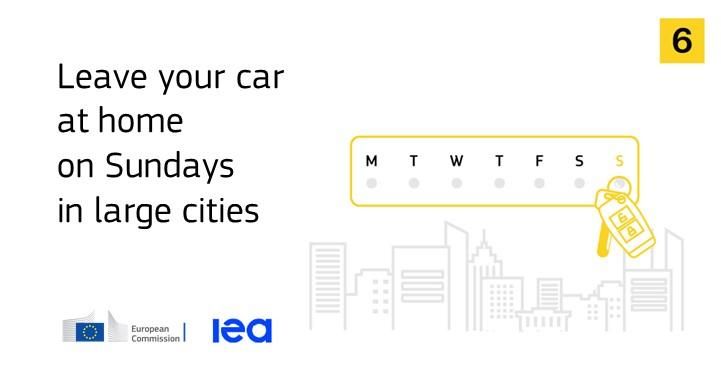
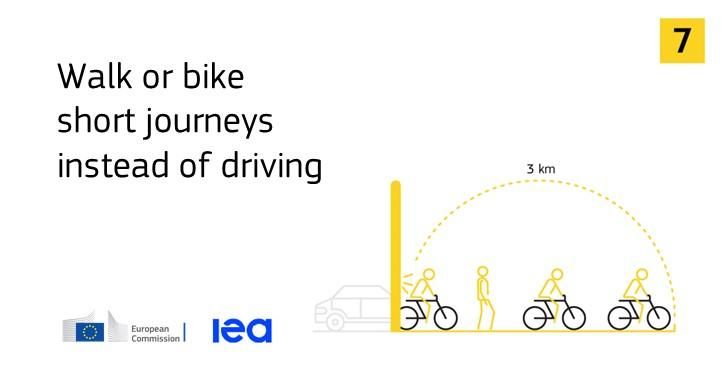
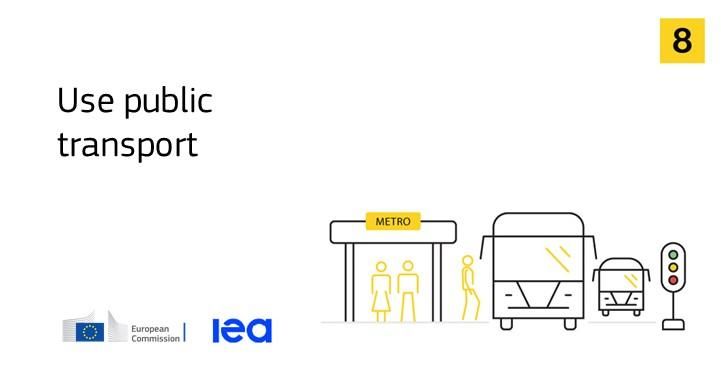
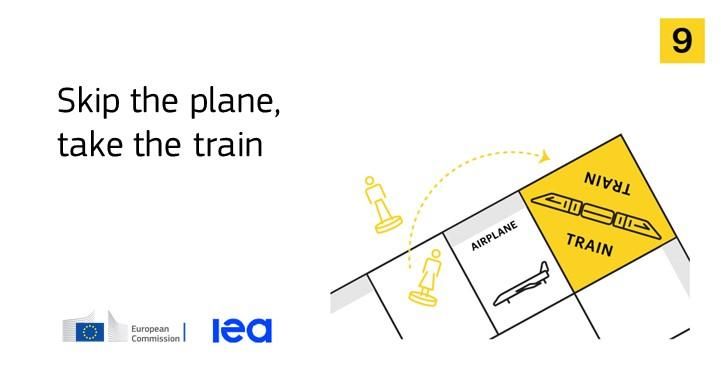

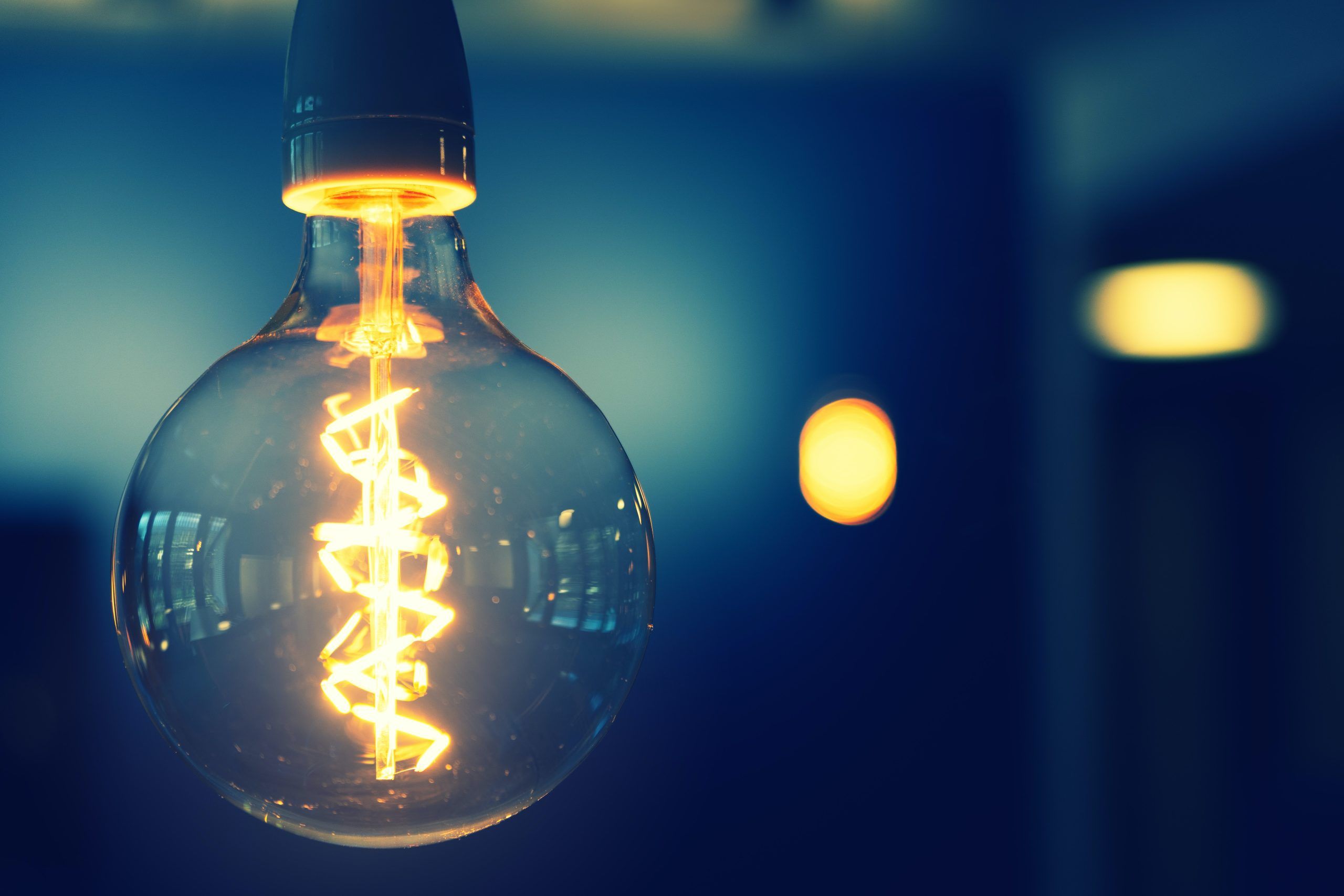
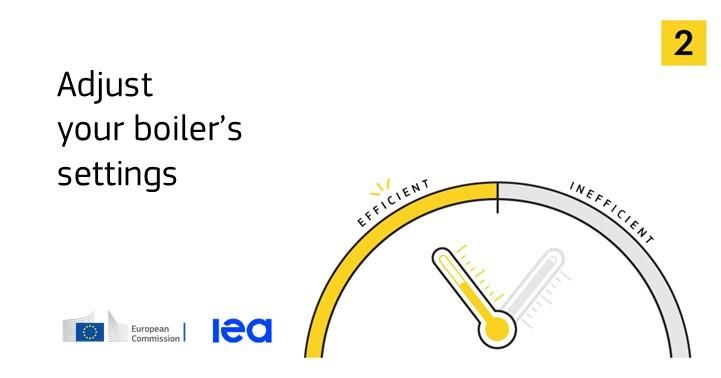
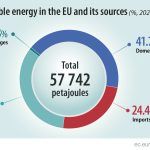
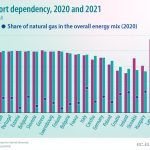



Leave a Reply